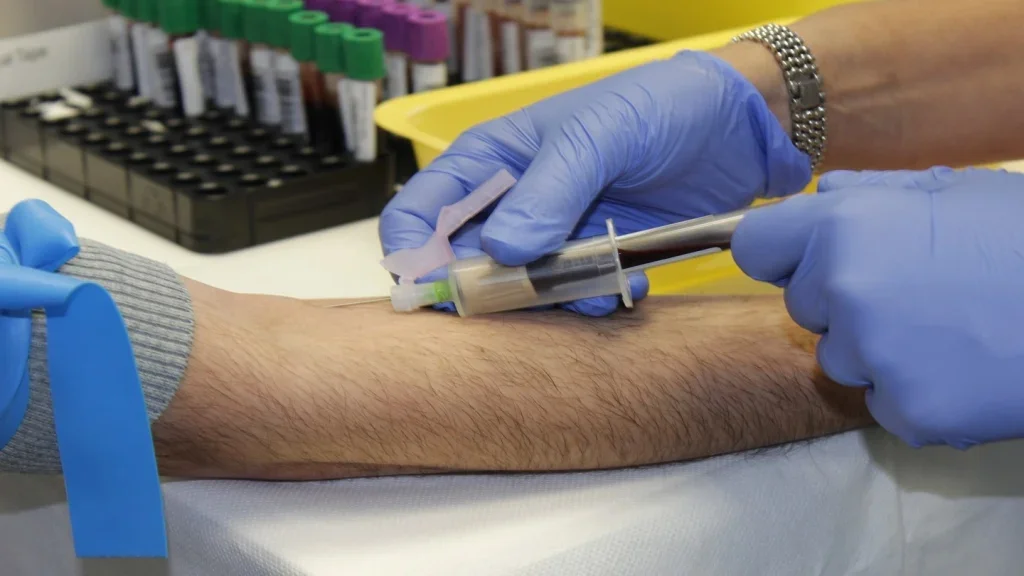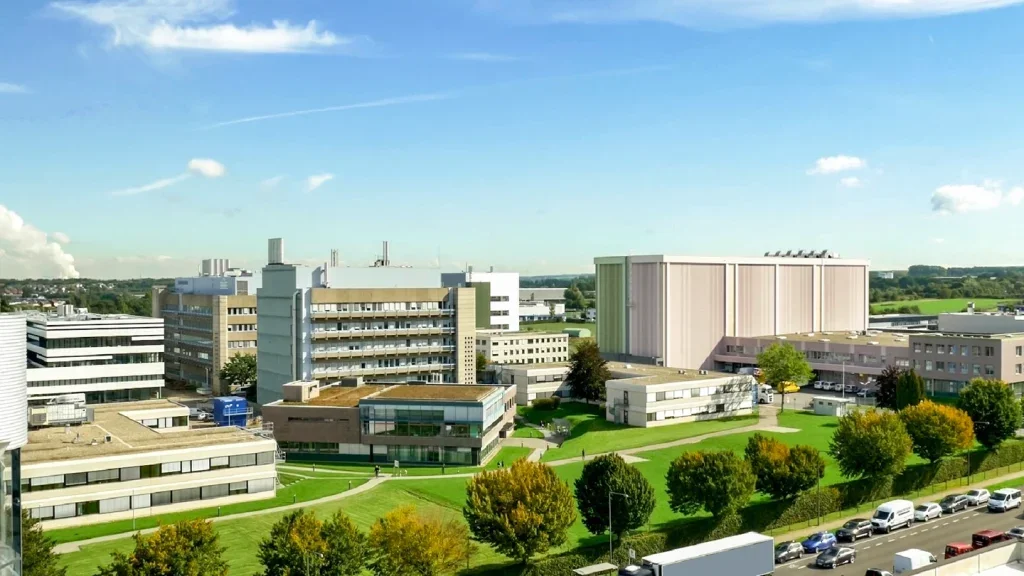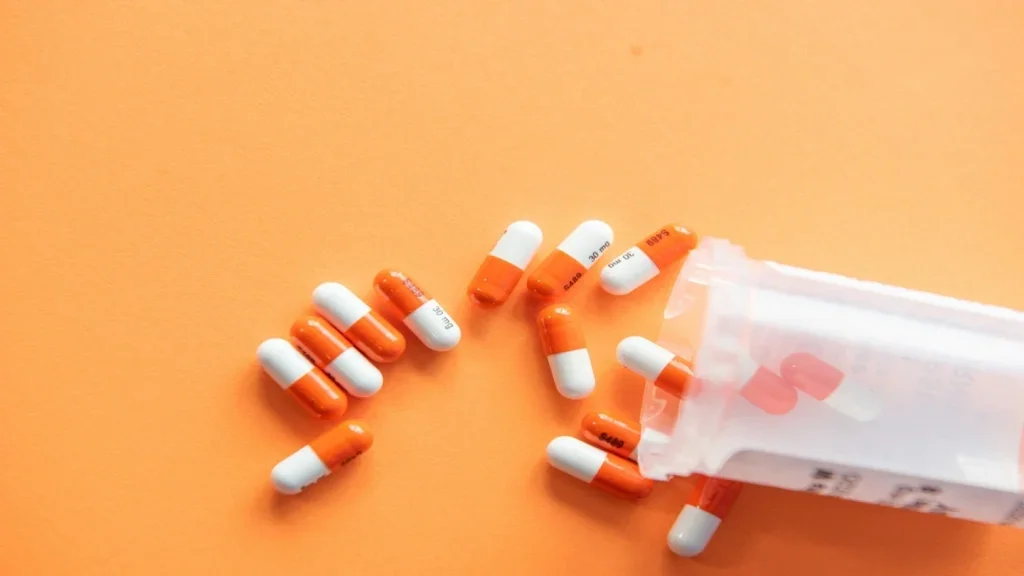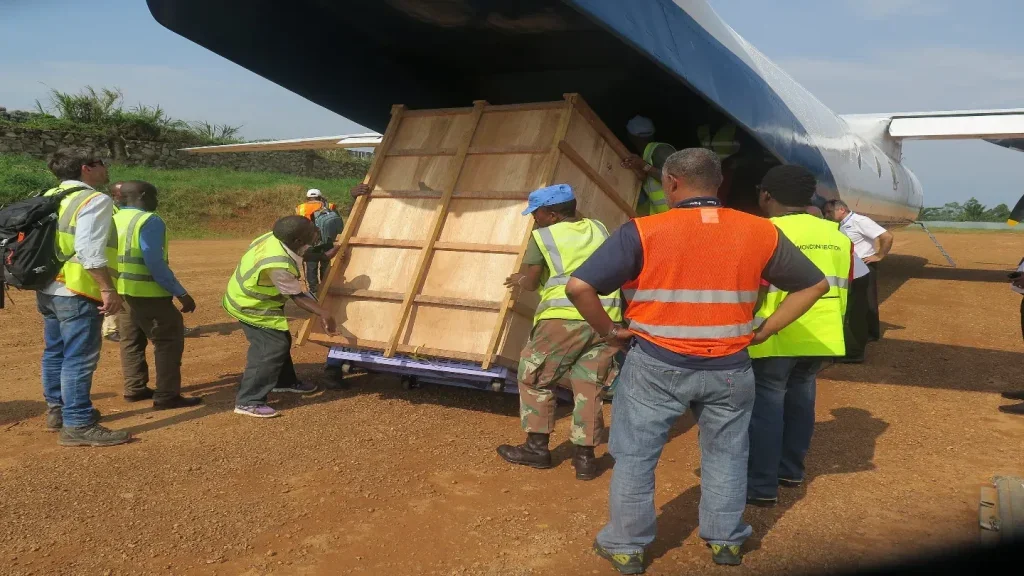All articles by Ramesh Yada
This information may be suitable
E-labelling promises many benefits for clinical trials, from encouraging regulatory buy-in to enhancing supply chain planning, yet it has not gained the traction that some might like or expect at this juncture. Steve Jacobs, chairman of the Global Clinical Supplies Group, talks Jim Banks through the risks, rewards, best practices and barriers to adoption of a development that seems more necessary by the day.
In good form
With many Covid-19 patients too ill to make their own decisions, treatment data needed urgently and human challenge trials being mooted as a possible way to expedite the development of a vaccine, the stakes for informed consent are higher than ever. Tim Gunn asks Professor Richard Haynes, clinical trial lead for the Oxford Recovery trial; Professor Nir Eyal, director of the Centre for Population-Level Bioethics at Rutgers University; and Dr Pamela Tenaerts, director of the Clinical Trials Transformation Initiative, how the process can be improved to solve the ethical and administrative quandaries of the pandemic and beyond.
Open questions
It’s been a slow, piecemeal process, but in recent years regulators have begun to develop a framework for using real-world evidence (RWE), shining a light on the important role it can play in helping to design better clinical trials. Covid-19 has shown what still needs to be done. Irenie Forshaw talks to Greg Koski and Mary Tobin, CEO and chief strategy officer at the Alliance for Clinical Research Excellence and Safety respectively, and Jonathan Fishbein, founder of Veracuity, about how RWE is bringing different groups together in response to the pandemic, and what this means for future trials.
Tech injection
Technology is having a huge impact across all industries, and pharma must keep pace to avoid being left behind. Digitisation offers huge potential for improving patient engagement, coordinating data from different sources and improving decision-making. Lynette Erb speaks to Dr Yuri Martina, senior vice-president for development at Grünenthal, about how to utilise it most effectively.
Supply and demand
Despite the rapid growth of the world’s population and the increasing demand for drugs, the pharmaceutical industry has tended to not keep pace. Moving beyond the traditional ‘pay-asa- service’ model is a key part of moving manufacturing processes forward. Eleanor Wilson speaks to Emre Ozcan, global head of strategy healthcare operations at Merck, about how to implement novel approaches and why.
Protect and serve
As the global pharmaceutical cold chain responds to a pandemic unprecedented in its history, Tim Gunn speaks to Marco Gaudesi, head of GDP and cold chain at Médecins Sans Frontières, and Simon White, Pfi zer’s director for global quality support, about what they’ve learned from protecting the cold chain through crises in low-infrastructure regions and developing countries.
Cold fortunes
Managing the transition from trade dress to pallet confi guration is challenging, particularly for packaging. Identifying the key criteria and considerations for primary packaging on a global basis is essential. Louise Thomas discusses how to future-proof a successful temperature control strategy.







